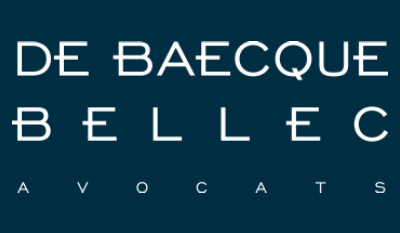The French cultural and communications ministry was urged on Monday to scrap Hadopi, the government agency responsible for a three-strike anti-piracy system.
Businessman Pierre Lescure, who has led a consultation on updating French cultural policy since last year, recommended transferring Hadopi’s powers to the Higher Audiovisual Council (CSA), France’s broadcasting regulator.
The three-strike system should also be scaled down, Lescure said, including removing the penalty of terminating Internet connections and reducing the maximum fine of €1,500 ($1,930), to €60 ($77).
Hadopi issues illegal downloaders with up to three warnings, at which point prosecutors can terminate their Internet for a month or fine them €1,500. Since October 2010, the agency has sent about 1.7 million first warnings, 160,000 second notices and 559 third warnings. One individual was fined €150 ($196) for continuing to download illegally.
But, last year, French culture minister Aurélie Filippetti said Hadopi was too expensive and had failed to fulfil its mission of encouraging legal downloading. Filippetti asked Lescure, former chief executive of broadcaster Canal +, to recommend how to improve the agency as part of a wider look at updating cultural policy in the digital age.
Lescure presented his report to Filippetti on Monday, finding that the anti-piracy system should be scaled down, as its effect on promoting legal alternatives to illegal downloading has been unconvincing. Hadopi should relinquish its powers, he said.
On its website, Hadopi president Marie-Françoise Marais said she welcomed the report’s recommendations and will share its experience.
Hadopi has not been very effective, said Olivier de Baecque, a lawyer at Borowsky & De Baeque LLP in Paris, but “it’s very difficult to trace infringers online. As the report notes, the rigidity of current system encourages people to breach copyright”.
He added: “It makes sense to centralise the agencies (Hadopi and CSA), as making the distinction between online and broadcast media is not very easy anymore.”
Asked whether the recommendations will be approved by the government, Olivier de Baecque said: “I don’t want to be pessimistic but I am tempted to say that it is just a report: it is not binding on the government.”
Other measures recommended include taxing smartphones and tablets, but this would not equate to a ‘Google tax’ – royalties French publishers wanted for Google News’ use of links to their stories – the legality of which is “questionable”, said the report. Earlier this year, French publishers cut a deal with Google to create a €60 million ‘digital publishing innovation’ fund for them.
